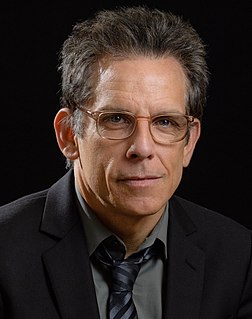A Quote by Wong Kar-wai
The industry and support in China has really matured because there are so many productions there. At the same time, there's been a lot of changes in the market, which I think also has enabled productions like 'The Grandmaster' to happen and to be possible to shoot in China.
Related Quotes
After the Revolution in '49, all the films were propaganda. They serviced the government and carried the message that the government wants to relay to the people. But I think, in the last 10 years, because the film market is opening and there's an expansion of all the cinemas in China, it's now a lot like Hollywood productions.
We have met our passion to be ambition to grow our market share significantly in North America. Motorola helps address two other priority markets for us - the acquisition has enabled us to become the No. 1 foreign vendor in Japan. It also gives us an increased market share with China Mobile in China.
In the short term, it would not have made it possible to resume relations, because in the Chinese mind, the humiliation of China started with the annexation of Taiwan by Japan. If the United States had suddenly declared Taiwan as a separate state - for which we would have had no support among other nations - the consequences would have been giving up our relationship with China and committing ourselves to a long-term conflict with China.
Every time there has been an attempt to disturb it, it led to two things. It led to immediate intense conflict with China, and it led to a reaffirmation in the end, because nobody wanted a major confrontation with China to this principle of a "one China" policy within which Taiwan is finding a place now. Its own position has greatly improved since the Nixon policy. It is richer, it is stronger and it is participating in many international organizations.
You cannot just depend on the market, because the market will say: China needs oil; China needs coal; China needs whatever, and Africa has got all these things in abundance. And we go there and get them, and the more we develop the Chinese economy, the larger the manufacturing is, the more we need global markets - sell it to the Africans which indeed might very well destroy whatever infant industries are trying to develop on the continent. That is what the market would do.
There are a lot of Chinese-American designers and Chinese designers who have had an impact a little bit on the American market, but I think it's going to be interesting to watch if, over time, somebody can emerge from China who is based in China, and whether they come and show in Paris, like Rei Kawakubo or Yohji Yamamoto did.
There's this long history of colonialism and the colonial gaze when applied to matters related to China. So a lot of conceptions about China in literary representations in the West are things you can't even fight against because they've been there so long that they've become part of the Western imagination of China.




































